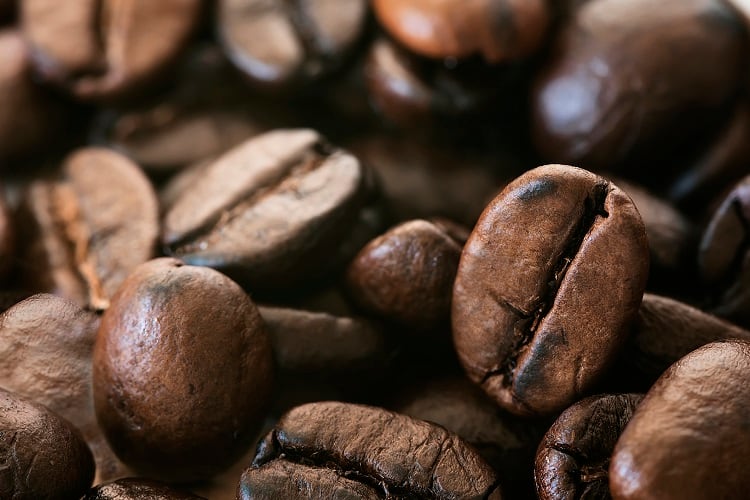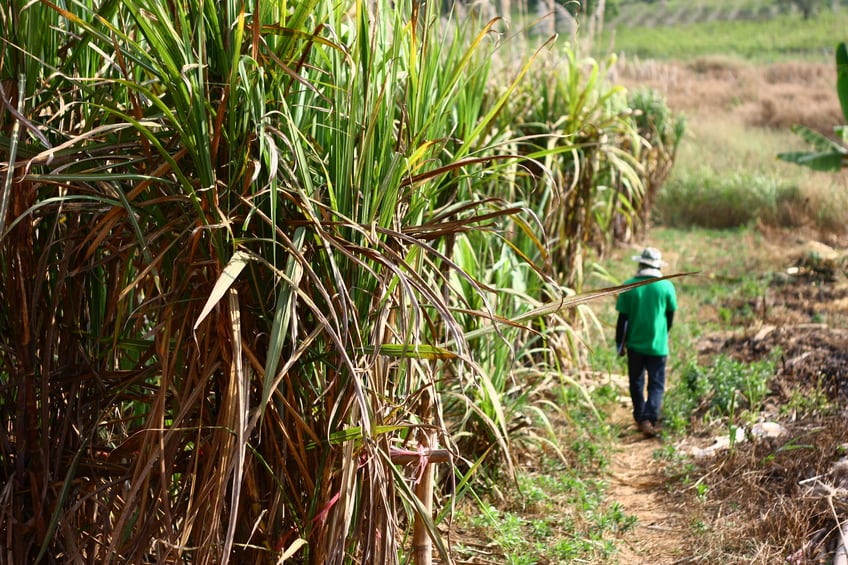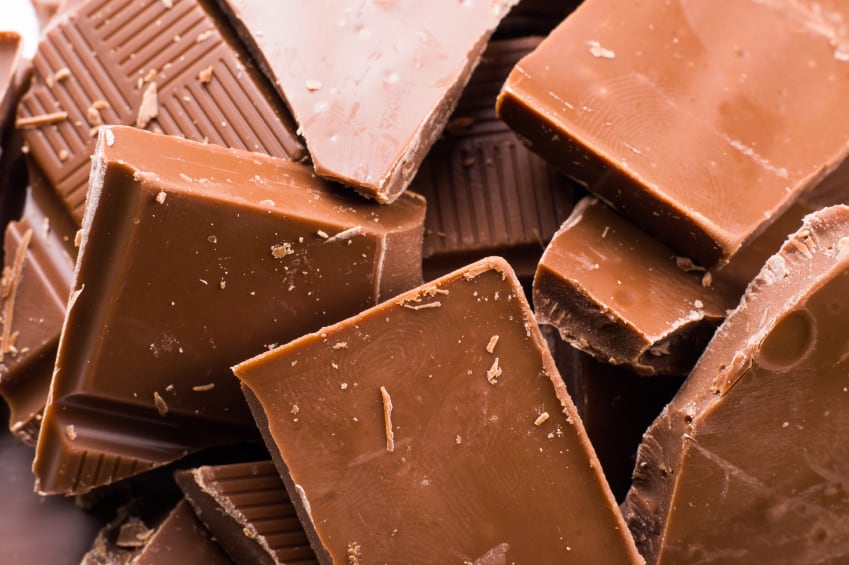The newly published study aimed to investigate the effects of coffee consumption on immediate gustatory (taste) and olfactory (smell) sensitivity.
Having tested 156 participants’ sense of smell and taste before and after drinking coffee, researchers at Aarhus University in Denmark found no changes to their sense of smell. The same could not be said for their sense of gustatory – or taste – sensitivity.
"When people were tested after drinking coffee, they became more sensitive to sweetness, and less sensitive to bitterness," according to Alexander Wieck Fjældstad, associate professor at Aarhus University.
Specifically, the researchers identified a change in detection thresholds for sweet taste (increased sensitivity) and bitter taste (decreased sensitivity) in the minutes following coffee consumption. No change was observed in taste or smell sensitivity for salty and sour tastants.
Fjældstad – who is also affiliated with a research group investigating enjoyment at Oxford University, as well as the Flavor Clinic, Øre-Næse-Halsafdelingen in Holstebro – and colleague Henrique Fernandes repeated the experiment with decaffeinated coffee.
The team was able to rule out that such changes in taste perception were associated with coffee’s caffeine content: the decaffeinated coffee experiment yielded the same result.
Interestingly, the results indicate that the increase in sweet sensitivity is independent of daily coffee consumption, while the level of decrease in bitter sensitivity is associated with coffee consumption habits.
“For participants without regular coffee consumption, the decrease in bitterness sensitivity after coffee consumption was even more pronounced,” they noted.
Bitter substances, sweet potential
Fjældstad suspects some of the bitter substances in coffee are responsible for these alterations in taste perceptions.
"This may explain that if you enjoy a piece of dark chocolate with your coffee, it's taste is much milder, because the bitterness is downplayed and the sweetness is enhanced.”
In any case, the findings certainly shed some light on how our senses are impacted in different ways. “We already know that our senses have an effect on each other, but it’s a surprise that our registration of sweetness and bitterness is so easily influenced,” Fjældstad continued.
This data could be leveraged to help scientists better understand how our taste buds function, the researcher suggested, which could potentially help advance reformulation strategies in the future.
"More research in this area could have significance for how we regulate the way in which we use sugar and sweeteners as food additives.
“Improved knowledge can potentially be utilised to reduce sugar and calories in our food, which would be beneficial for a number of groups, including those who are overweight and diabetes patients.”
Combatting obesity with sugar reformulation
Sugar reformulation and calorie reduction are centre stage for food manufacturers working to comply with governmental obesity strategies.
In the UK, for example, the food and drink industry has been challenged to reduce overall sugar across a range of products that contribute most to children’s sugar intakes by at least 20%.
As of January 2020, the biggest cuts were seen in children’s drinks and fruit yoghurts. Yet in many categories, the reductions to sugar levels were modest – far from meeting the 20% target.
The whole food and drink industry needs to step up, according to campaign group Action on Sugar, and in particular, ‘those businesses that have as yet taken little or no action’.
“Obesity and related health conditions pose a huge public health challenge in the UK, and food and drink companies are well aware of their role in addressing this issue. What’s more, it widens economic inequalities, affecting the poor the hardest,” Holly Gabriel, nutritionist at Action on Sugar, told FoodNavigator.
The food and drink industry play a ‘vital role’ in shaping the environment where everyone can be a healthy weight and reduce their risk of disease, Gabriel continued.
“As evidence emerges suggesting obesity and related health conditions could be a risk factor for worse outcomes for COVID-19, it is even more important to keep healthy, both now, and in the future.”
A ‘brand-new avenue’ for modulating taste perception?
When asked how his findings could be leveraged by the food industry, Aarhus University’s Fjældstad suggested the research could well be of interest.
“That one type of food/beverage can cause large changes in gustatory sensitivity can give rise to both challenges and new possibilities in food pairing,” he told this publication.
“If and how this may be applied in [food products], or in the priming of the senses, requires more research.”
Concerning the findings’ potential to inform sugar reduction strategies, Fjældstad said it is ‘extremely interesting’ that we can modulate our sensitivity for sweet.
“The mechanisms may occur within the Type II cells of the taste buds (responsible for registering both sweet, bitter, and umami), which needs to be explored in further cellular studies.
“If so, this could offer a brand-new avenue for modulating taste perception. However, currently this is currently only a theory and far from commercial application.”
Source: Foods
‘Chemosensory Sensitivity after Coffee Consumption Is Not Static: Short-Term Effects on Gustatory and Olfactory Sensitivity’
Published 14 April 2020
DOI: https://doi.org/10.3390/foods9040493
Authors: Alexander W. Fjaeldstad and Henrique M. Fernandes
NB: The study was financed by Arla Foods and Region Midtjylannd. The sponsors had no say, roles, or responsibilities in relation to the study.





